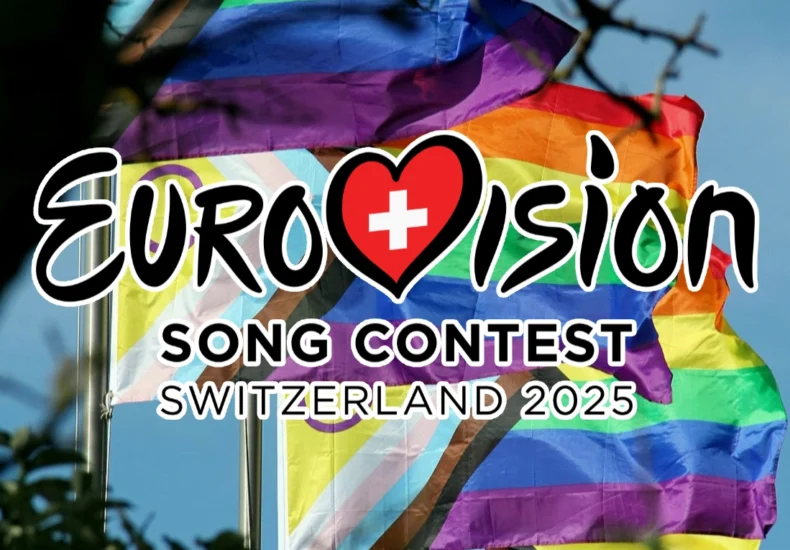
Eurovision’s Controversial Flag Policy Outlined: Homophobia or Expression?
The European Broadcasting Union's ban on the rainbow flag at this year's Eurovision Song Contest has ignited controversy, raising concerns about inclusivity and freedom of expression amid audience members' displays of various flags, including LGBTQ+ rights symbols.
Background of Eurovision’s Flag Regulations
This year’s Eurovision Song Contest has stirred controversy with its newly introduced rules regarding flags, DR reports. The European Broadcasting Union (EBU), the governing body of the competition, prohibits contestants from using the rainbow flag, igniting debates around freedom of expression and political messaging. Following last year’s events, where numerous pride flags were confiscated, many are questioning what this policy signifies.
Contrasting Treatment of Flags
Interestingly, while contestants are barred from showcasing the rainbow flag, audience members are permitted to wave various flags, including the Palestinian flag and those expressing support for LGBTQ+ rights. This apparent contradiction raises eyebrows: how can the event promote inclusivity yet restrict representation on stage? The decision to ban the rainbow flag, particularly in a competition that historically embraces diversity, seems at odds with the principles Eurovision purports to uphold.
Future Implications for Eurovision
As Eurovision prepares for its 2025 contest, the pressure is on to clarify their flag policy while ensuring that freedoms of expression are respected. This has been underscored by the experiences shared by participants like last year’s Swiss winner, Nemo, who voiced frustrations about having to smuggle a non-binary flag past security. Ultimately, the handling of flags and representation within Eurovision continues to reflect larger societal conversations about acceptance, equality, and the implications of political symbolism in art.
